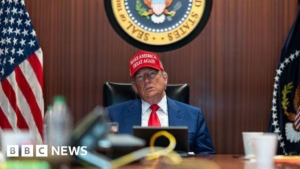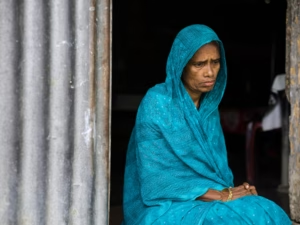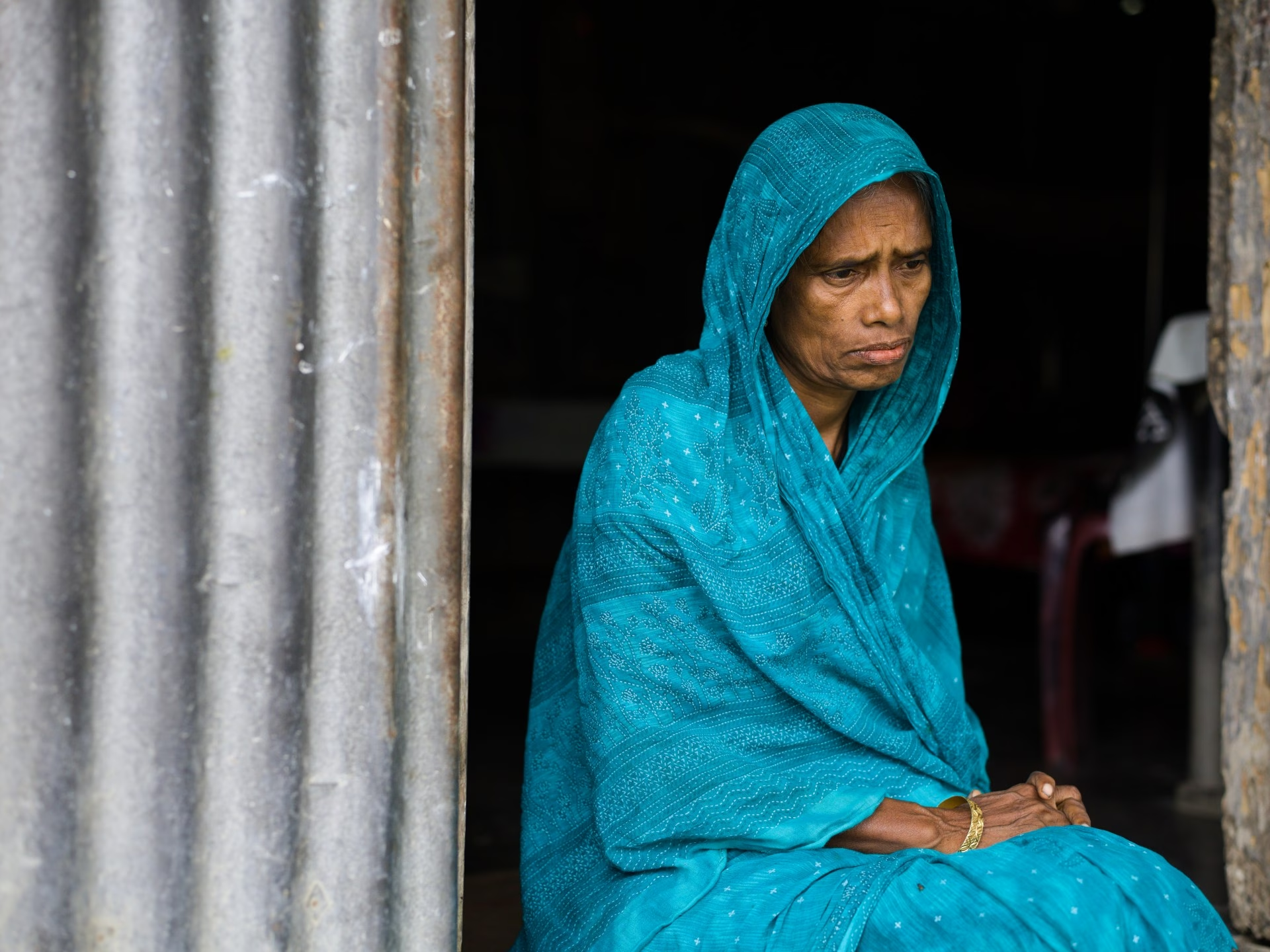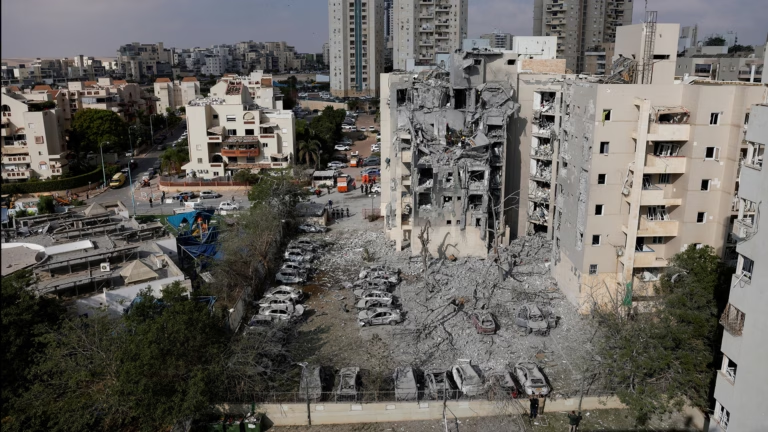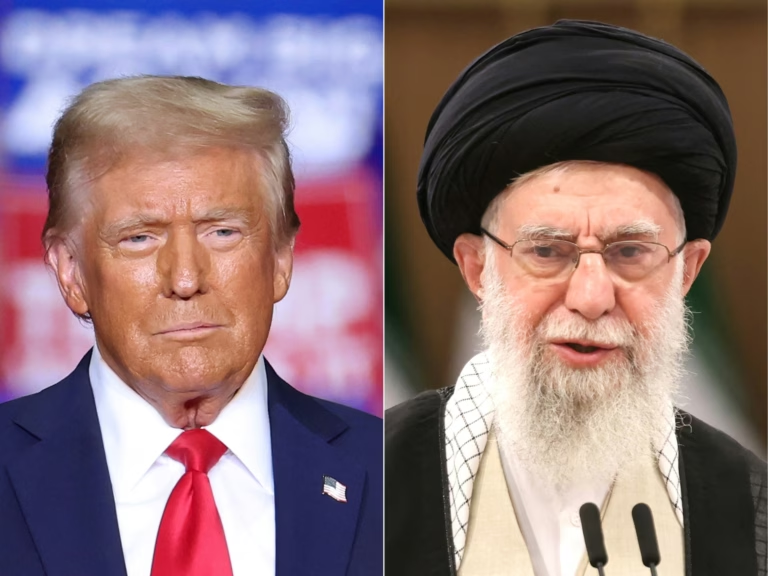<
div aria-live=”polite” aria-atomic=”true”>
Assam and West Bengal, India – Ufa Ali could barely stand.
On May 31, the 67-year-old bicycle mechanic returned to his home in India’s northeastern state of Assam after spending four days stranded in Bangladesh, the neighbouring country he claims he had only heard of “as a slur” since birth.
Ali’s weeklong ordeal began on May 23 when he was picked up by the police from his rented house in Kuyadal, a small village in Assam’s Morigaon district, during a government crackdown on “declared foreign nationals” – a category of people unique to Assam. The state is a tea-producing hub where the migration and settlement of Bengali-speaking people from neighbouring areas for more than a century has led to ethnic tensions with the Indigenous natives, who mainly speak Assamese.
The tensions have worsened since 2016, when Prime Minister Narendra Modi’s Hindu majoritarian Bharatiya Janata Party (BJP) came to power in Assam. More than a third of the state’s 31 million population is Muslim – the highest percentage among Indian states.
Ali is among the more than 300 Muslims in Assam “pushed back” into Bangladesh since May, according to state Chief Minister Himanta Biswa Sarma. “These pushbacks will be intensified. We have to be more active and proactive to save the state,” Sarma told the state’s Legislative Assembly earlier this month.
‘Hell underneath the blue sky’
After he was picked up by the police on May 23, Ali was taken to a detention centre more than 200km (124 miles) away in Matia, India’s largest facility for undocumented migrants, in Assam’s Goalpara district.
Three days later, at the crack of dawn on May 27, soldiers belonging to India’s Border Security Force (BSF) took him and 13 others, including five women, in a van to the India-Bangladesh border.
“The BSF was forcing us to cross over to the other side, whereas BGB and [Bangladeshi] locals said they would not take us as we were Indians,” Ali told Al Jazeera, referring to Bangladesh’s border force, the Border Guard Bangladesh.
Stranded in open fields at the no-man’s land between India and Bangladesh, Ali’s group spent the next 12 hours in knee-deep water with no access to food or shelter.
A haunting image of Ali, squatting in the swamp, brows raised and eyes looking back at the viewer, went viral on social media “We saw hell underneath the blue sky and we saw life fading away from us,” he told Al Jazeera.

If they tried to move to the Indian side, the BSF soldiers threatened them with violence, Ali said.
“They shot at us with rubber bullets when we begged them not to push us into the other side. It was no no-man’s land for us. It was as if there was no country for us.”
Rahima Begum, 50, who was picked up in a similar manner from eastern Assam’s Golaghat district, says she is haunted by the memories of her time spent in the no-man’s land.
“I was beaten by the BGB when I tried to run across to the Bangladeshi side,” she said. “I had no escape. The BSF said they would shoot us dead if we did not move to the other side.”
Jiten Chandra Das, a journalist from the border town of Rowmari in Bangladesh who reported on the incident for a Bangladeshi newspaper, told Al Jazeera he saw BSF officers firing rubber bullets at the stranded “
Source: https://www.aljazeera.com/news/2025/6/24/foreigners-for-both-nations-india-pushing-muslims-back-to-bangladesh?traffic_source=rss

